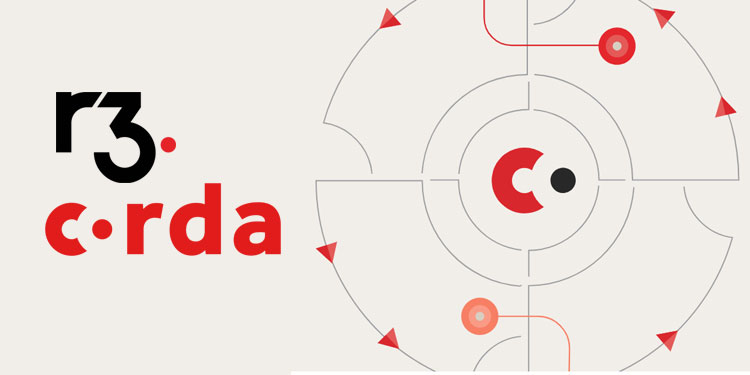Advancing Blockchain in Financial Services through Interoperability
In a recent interview with DIGIT, Dr. Alisa DiCaprio, Chief Economist at R3, shed light on the current state of enterprise blockchain, addressing key aspects like regulation, interoperability, and ease-of-adoption in the context of businesses’ digital transformation journeys.
Overcoming Challenges for Decentralization and Regulation:
The inherent promise of decentralization in blockchain technology presents a challenge when integrating it within existing regulatory frameworks. Dr. DiCaprio acknowledged the need for adaptation to align with the current social and regulatory structures. She emphasized that achieving widespread adoption of blockchain requires compliance with regulations and integration with traditional financial systems. Balancing the innovative potential of blockchain with existing regulatory requirements and consumer practices is crucial for successful implementation.
Stablecoins’ Agility and Adoption:
Comparing Central Bank Digital Currencies (CBDCs) and stablecoins, Dr. DiCaprio noted that stablecoins have gained a faster head start due to their private issuance and independence from complex central bank processes. Stablecoins have rapidly established their presence in the digital asset space, especially for digital asset trading and remittances, while CBDCs have primarily focused on smaller economies and limited retail-level use within national borders. The convergence of CBDCs and stablecoins remains uncertain, considering the difference in development processes.
Blockchain Adoption in Digital Transformation Journeys:
Companies seeking to incorporate blockchain as part of their digital transformation journey have evolved in their understanding of the technology. Dr. DiCaprio highlighted the importance of starting with focused and narrow use cases to evaluate blockchain’s functionality within existing business frameworks. This cautious approach allows businesses to mitigate risks and gain a deeper understanding of blockchain’s potential impact. Moreover, businesses have shifted from fully decentralizing everything to a more pragmatic view of integrating blockchain into established frameworks, ensuring seamless alignment with regulatory and compliance requirements.
Corda’s Role in Financial Services:
R3’s Corda, an open-source, permissioned, and regulatory-compliant ledger, has positioned itself as a dependable solution in the enterprise blockchain space. It aims to break away from the siloed landscape of DLT networks, enabling interoperability with other DLT platforms, including Enterprise Ethereum. Corda’s plug-and-play consensus process offers flexibility in operations, allowing businesses to tailor transactions based on their needs. This interoperability potential paves the way for a more connected and inclusive blockchain ecosystem, fostering collaboration across networks.
Overcoming Historical Barriers:
Historically, the financial sector faced challenges in interoperability, resulting in cut-off relationships between large banks and emerging economies during the global financial crisis. Corda’s focus on facilitating interoperability addresses these historical barriers, creating a more integrated and efficient financial landscape. Dr. DiCaprio expresses optimism about DLT’s potential to achieve macroeconomic parity through international discussions and trade agreements that harmonize regulatory frameworks.
Looking Forward to a Promising Future:
As R3’s Corda continues to drive interoperable solutions in financial services, the potential for DLT to revolutionize global markets appears promising. By striking a balance between decentralization and regulatory compliance, blockchain technology can offer secure, efficient, and interconnected solutions for businesses worldwide.
